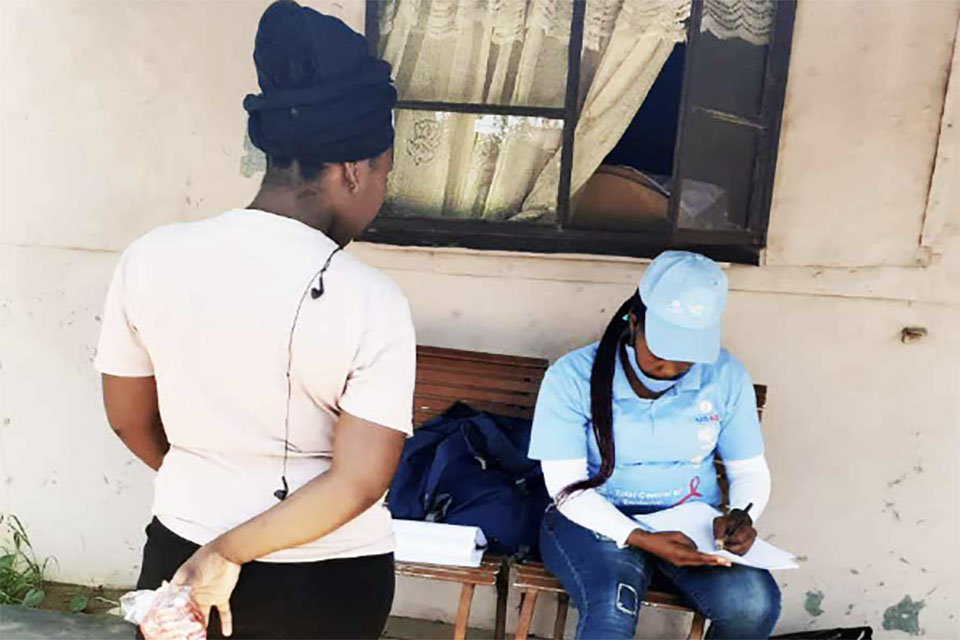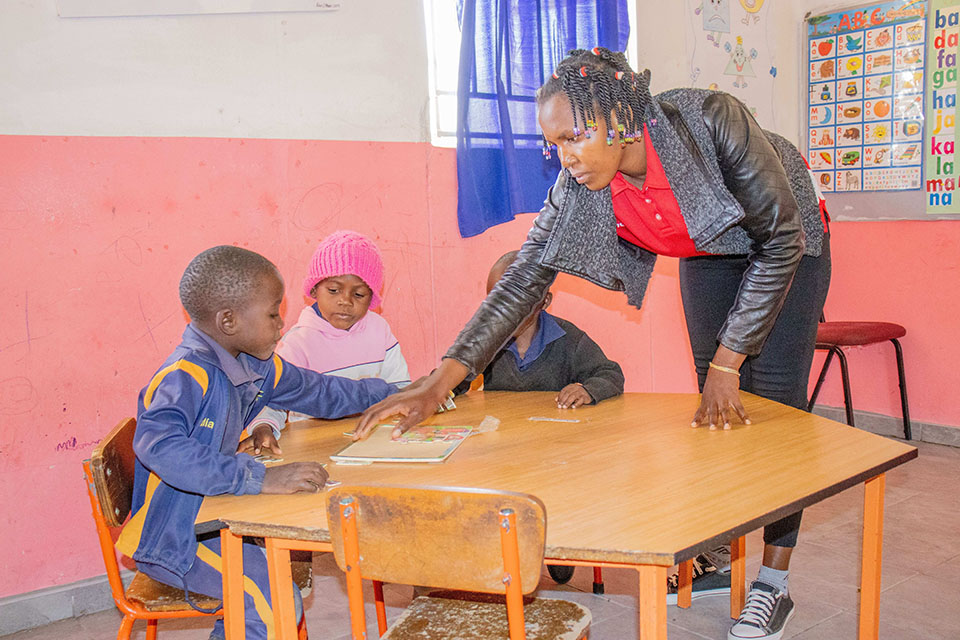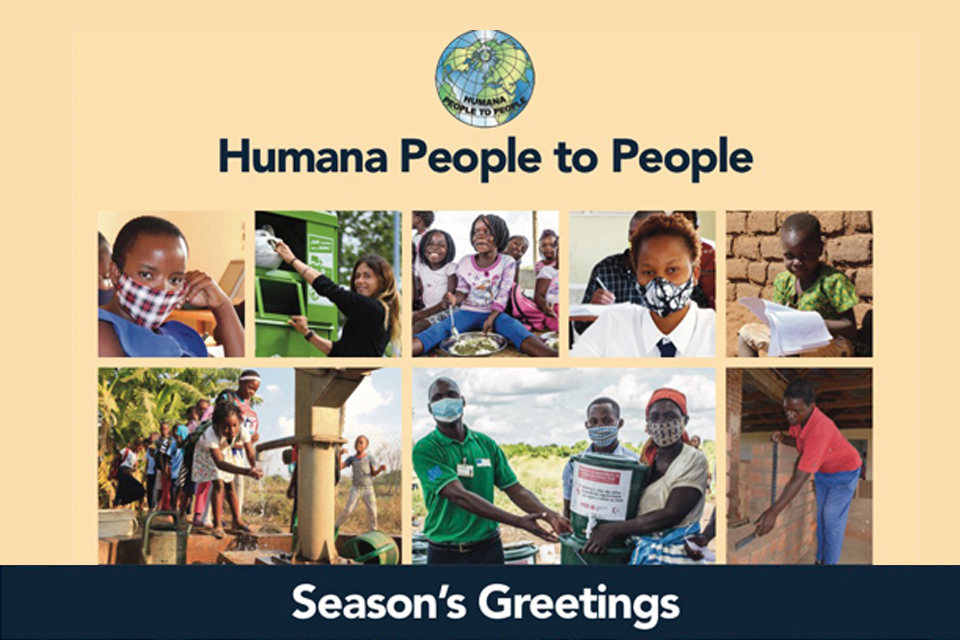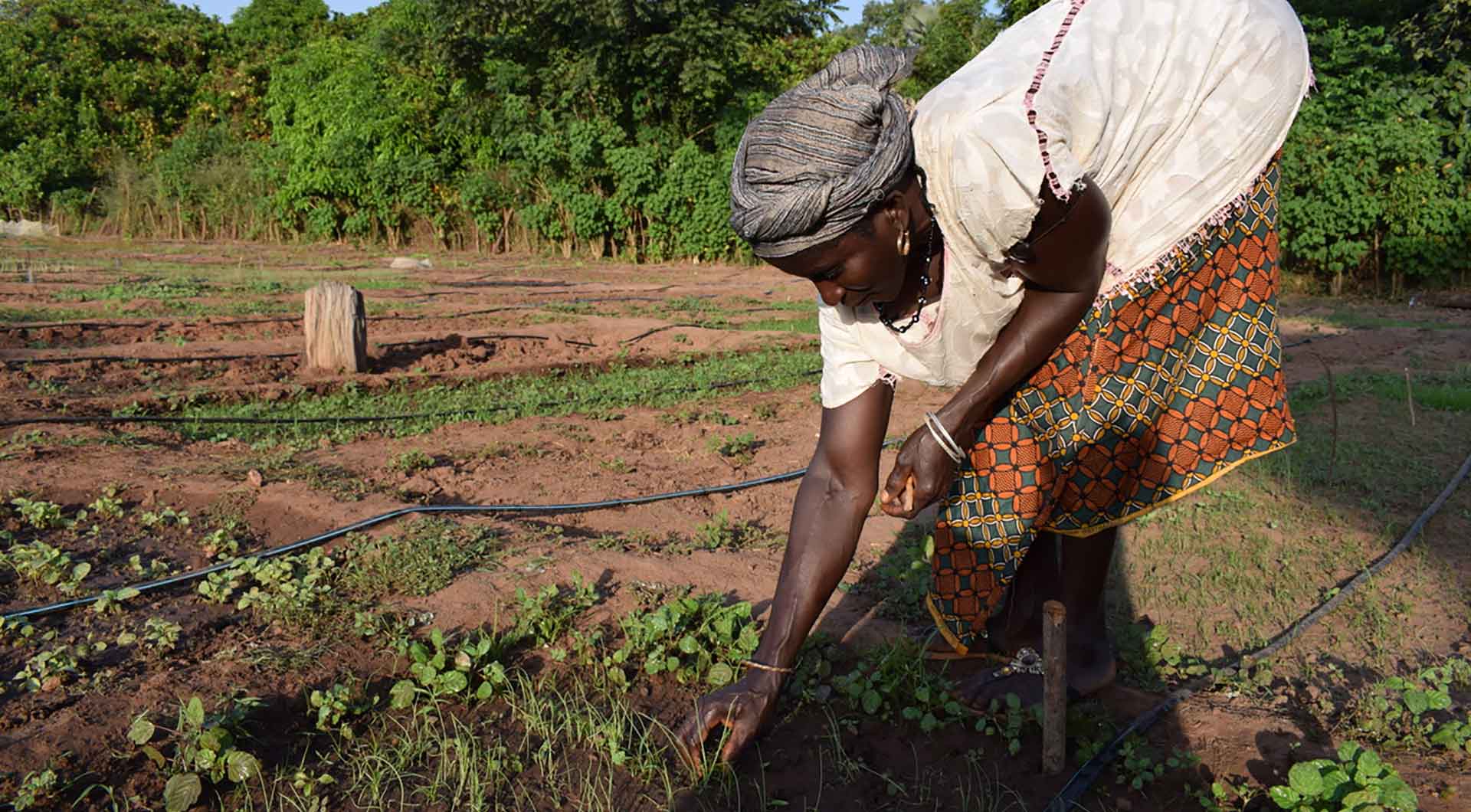
On this 50th anniversary of the Day of the African Child 2025, we celebrate progress in addressing emerging threats and outstanding challenges to children’s survival and well-being on various fronts on the African continent.
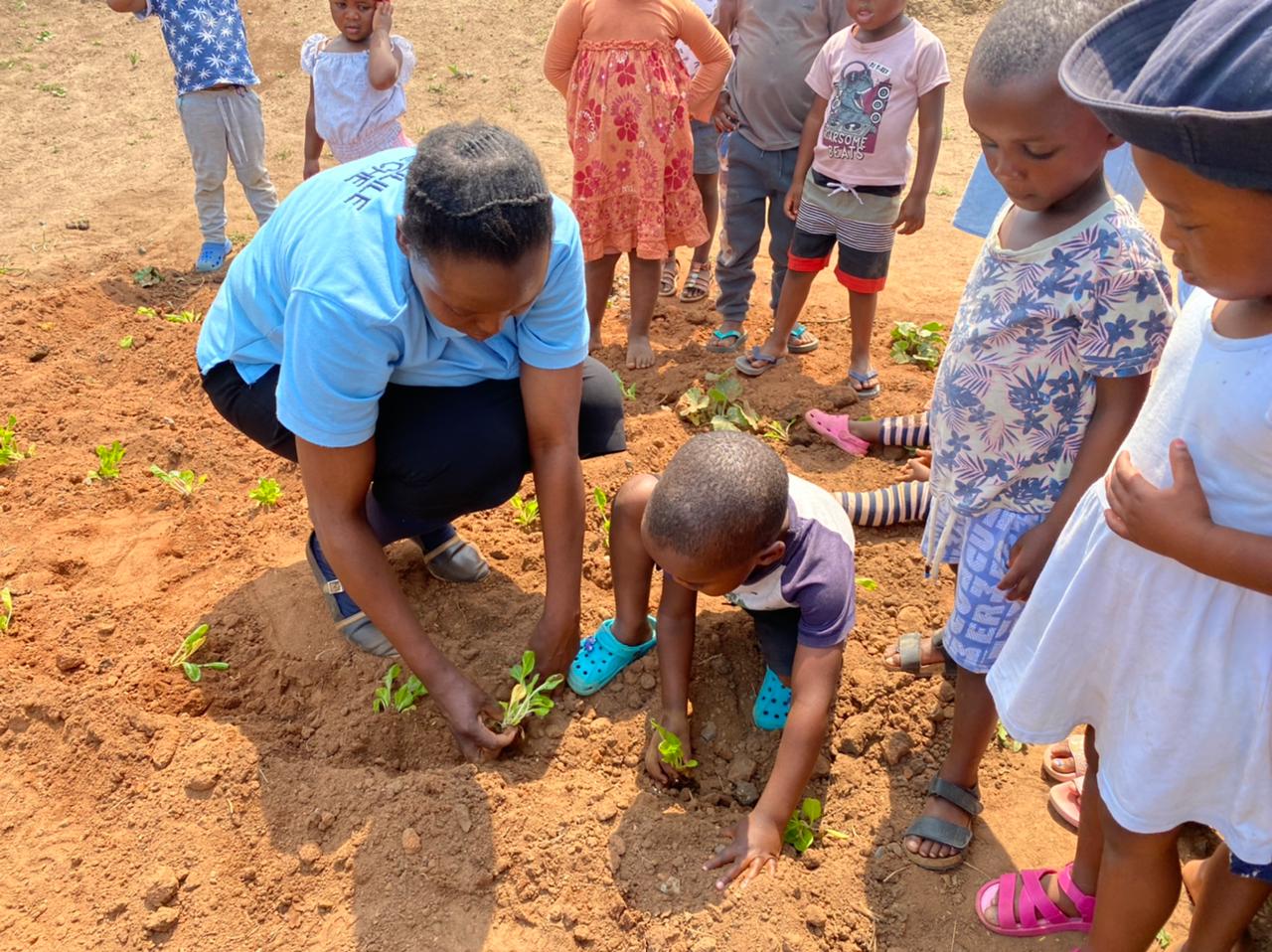
Many children are born and faced with the realities of poverty from an early age, including being deprived of nutrition, access to quality education, health, water and the right to create their own development, making it hard for children to recognise that they are part of the community and not just an individual. Involving children in making decisions about their lives is not always an easy process, as it involves challenging children’s traditional roles to enable them to become active citizens. This change is not easily welcomed in many communities.
To improve children’s lives sustainably on the African continent, we people must be aware of their potential and how to unlock it in a truly sustainable way. Raising awareness of the challenges faced by African children is not enough; we, the people on the African continent, must do more to engage, fight for children’s rights, and take action to make things better if we want a self-reliant Africa. We need the children to be strong, involved, and independent. By working together in groups or any other set-up that promotes community cohesion, we people on the African continent have the potential to speak up, claim children’s rights and make our demands known to leaders and policymakers.
In response to issues affecting children, one of our members, DAPP Namibia, through its community development projects, engages communities, including children themselves, to participate actively from the start and, therefore, become the owners of their own development.
Child Aid Namibia supports children, parents, and the entire community in working together to improve the living conditions for children, creating opportunities not only for survival but also for developing their full potential. The project works with the affected people to take control of sustainable development and decision-making into their own hands.
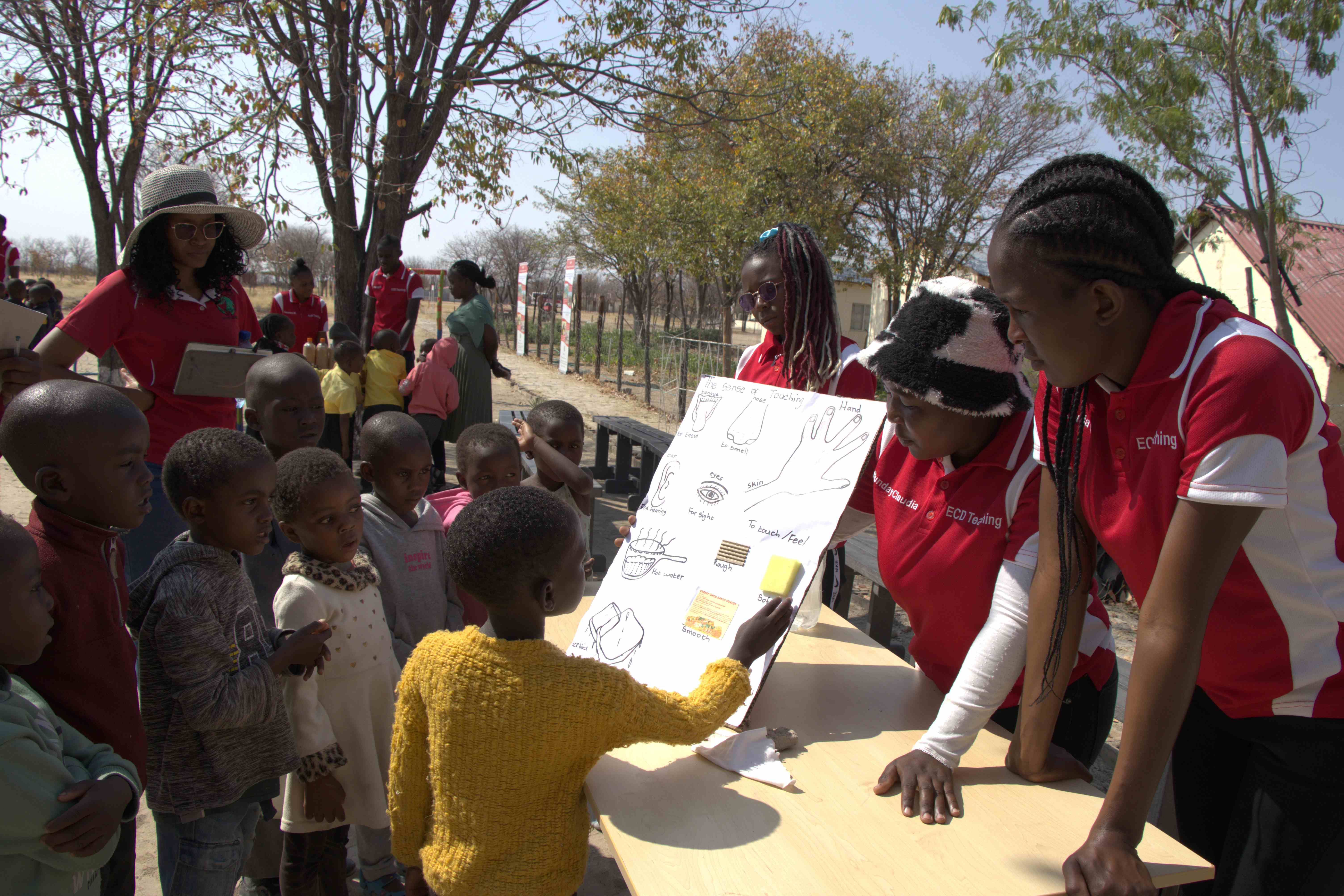
At the heart of the project are 36 Village Action Groups, where people come together to plan and take action, identify challenges, engage in discussions, coordinate common tasks, acquire new knowledge, and collectively find solutions. Through shared activities, the groups improve life in many ways: they create food security, promote good health, solve basic water and sanitation problems, create better educational conditions and organise care for children in difficult situations.
DAPP Namibia takes a step further in promoting children’s rights to access education through its Preschool of the Future Teacher Training programme, which trains preschool teachers over two years in early childhood education to improve preschools in rural villages. The teachers are trained to make learning interesting and easy for children and involve parents in education so that children get a good start in life. Over the past five years, 118 teachers have graduated from the Preschool of the Future Teacher Training programme.
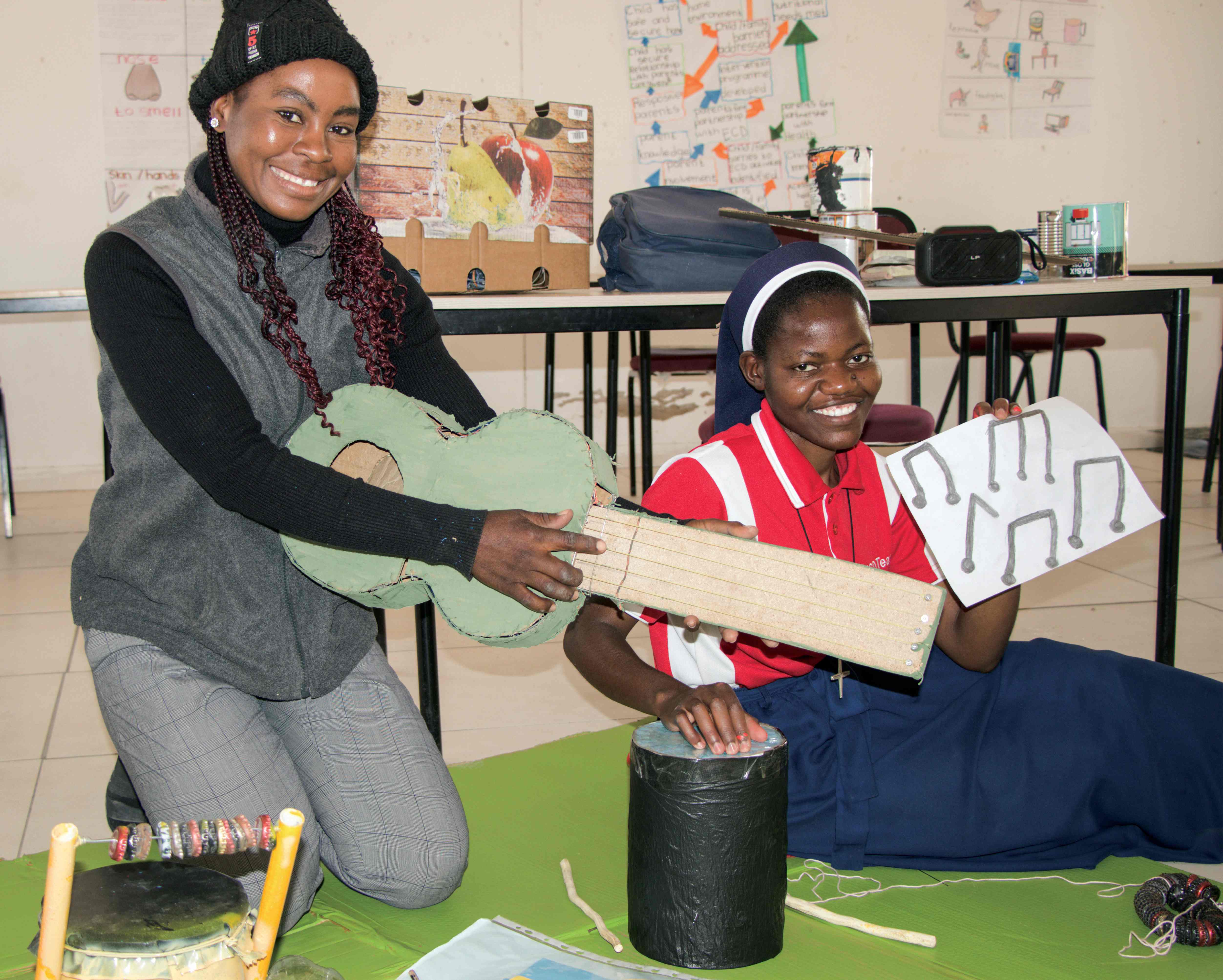
Despite encountering challenges, children on the African continent build resilience every day, strengthening their will to survive and continue with the hope of making it in life. Humana People to People, together with its members, continues to work collectively with communities, governments, and partners to improve children’s lives by enabling their rights, development, and well-being, thereby meeting the desires of African children we connect with through our transformative programmes.
